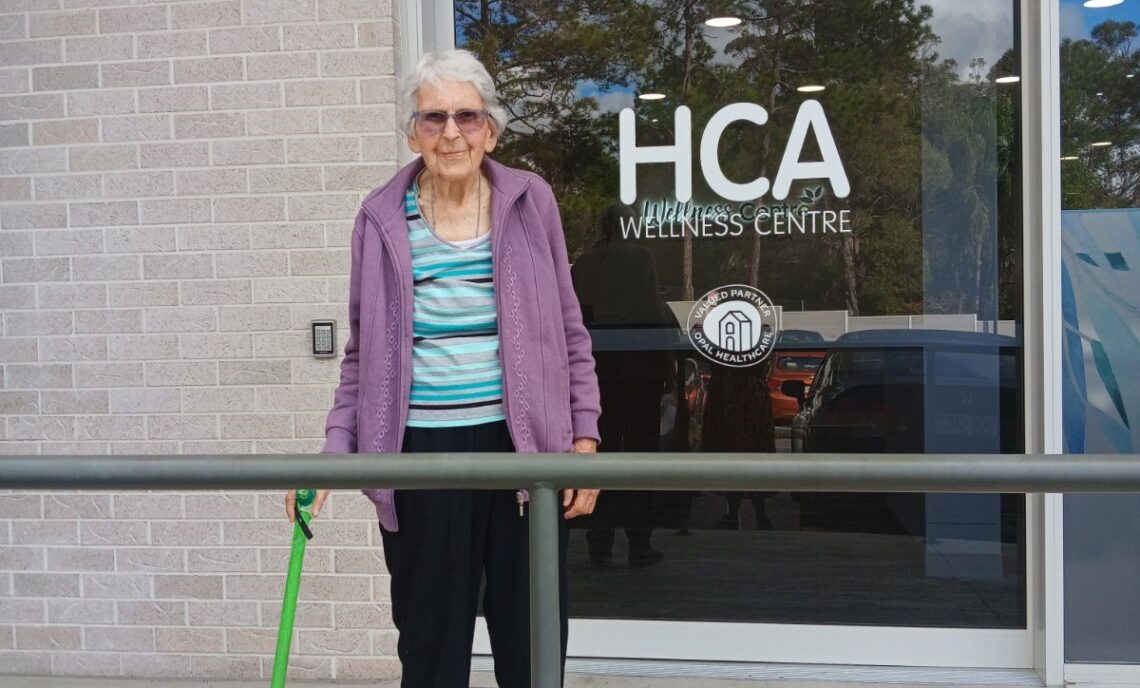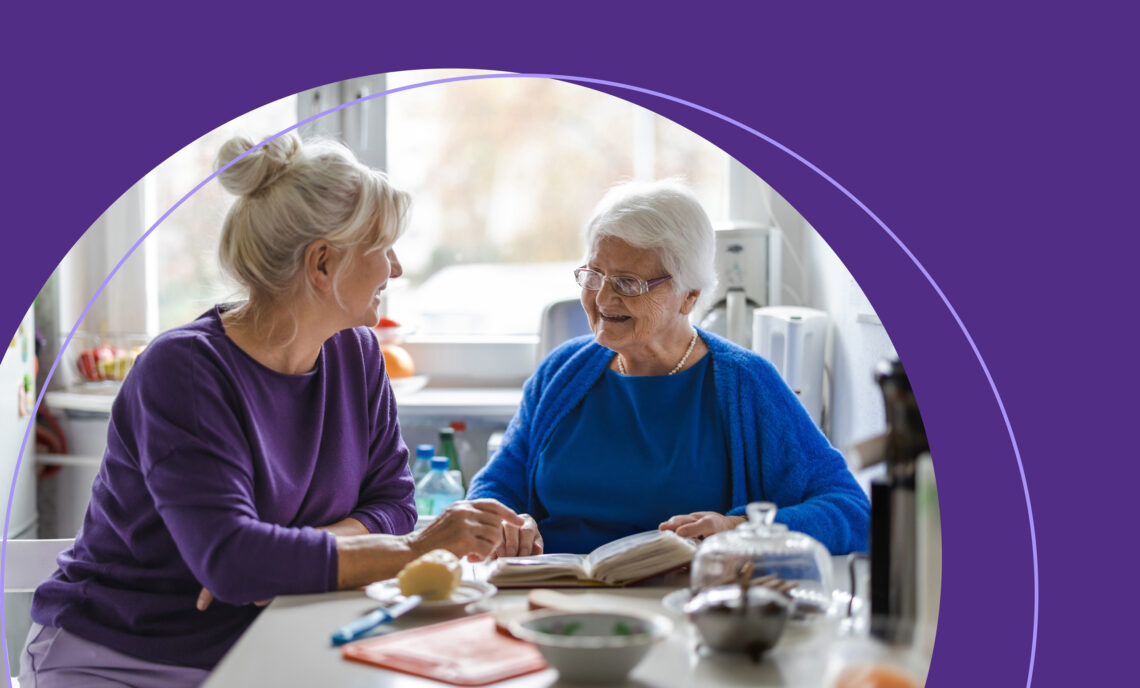
Travel nursing and RAN pathway options with HCA
Table of Contents
Travel nursing and RAN pathway options
Healthcare Australia have designed a pathway, to support their staff with their goals and dreams of becoming a RAN if that’s what they desire. Whether you’re a nurse who has only been practising for a few years, or a nurse that has been practising for 30 years, HCA can give you guidance with appropriate placements for support, courses to guide you, education bonuses to finally support you during your role, and most importantly, a dedicated consultant to help you along the journey.
If you don’t necessarily want to be a RAN, but want more experience in becoming a ‘travel nurse’ in regional/rural settings, then the ECT4health course is perfect.
ECT4Health – Preparation for Rural Remote Education program
This is a 5-day intensive course that prepares nurses for some of the challenges with working in rural and remote locations. Provides information on acute and chronic presentations, as well as primary health care.
Cost: $1500
MINIMUM CRITERIA
Minimum 4 years post graduate experience
Minimum 2 years full time Emergency Department experience – including triage
Current, unrestricted AHPRA registration
Current, National Advanced Life Support Certification
National Police Check, or willing to obtain
Full, unrestricted manual driver’s license
Cannulation and venipuncture skills
Excellent communication skills
Must be culturally appropriate and sensitive always
Willingness to obtain relevant Remote Area Nurse (RAN) professional development certificates as they will work through the pathway:
Remote Emergency Care (REC) course by CRANA
Maternal Emergency Care (MEC) course by CRANA
Pharmacotherapeutics (Centre for Remote Health)
Immunization certificate (SA health)
FREE CRANA COURSES
CRANA – Adapting Self-Care Practices During Clinical placements (free)
Adapting Self-Care Practices During Clinical Placement (crana.org.au)
Working Safe in Remote Practice (free)
Working Safe in Remote Practice (crana.org.au)

Cost breakdown
SA Understanding Vaccines Certificate $350
Understanding Vaccines and the National Immunisation Program | SA Health
Remote Emergency Care (REC) course $950 ($850 if you’re a CRANA member)
Maternity Emergency Care (MEC) course $950 ($850 if you’re a CRANA member)
Pharmacotherapeutics – centre for Remote health $650
Participants may enrol in the Pharmacotherapeutics online course at any time.
The course comprises 8 modules and is designed to be completed over a 9-week period.
You are provided with access for 3 months from date of registration, to complete all components.
Associated with the online modules are activities to provide practical application of medicine management concepts and principles, including clinical scenarios, personal reflection, online tutorials, and multiple-choice quizzes. Recommended resources, references and clinical guidelines will be referred to throughout the modules and weblinks to these will be made available.
There is no requirement to purchase any text for Pharmacotherapeutics for Remote Area Nurses

Other courses that are good to do:
CRANA – introduction to Culturally Sage and Inclusive Practice $22 ($20 for members)
Introduction to Culturally Safe and Inclusive Practice (crana.org.au)
If you planned to be a RAN over a 2-year period with HCA, you could:
Gain experience on contracts in different states. Mix of regional, rural, and remote.
Qualify for $1000 each year towards education (total $2900) = only $900 you’re spending on these courses
Our dedicated consultants would look at your current skill levels and experience and help guide you on a path to becoming a RAN. Even if you don’t have the experience yet, this pathway can be the stepping stone.
HCA would place you in placements where they know from experience would be beneficial to your learning and development, consolidate nursing skills, think outside the box, and help you with increasing your skill set.
Not to mention these other benefits of rural remote nursing:
Free travel – flights and/or petrol if driving
Accommodation – accommodation is provided for a large amount contract (some exceptions with states/facilities but is always a low price if there is a cost)
Education bonus – towards these courses
Premium scrubs – to wear during shift
Continuity is key, and opening yourself up to longer placements such as 8-16 weeks so you can really grow those fundamental skills in different regions. You will always start in a regional setting first and then work your way to rural and remote.

Regional: these are towns that are quite large, like ‘small cities’. Towns with a 15-50k population can be included as a ‘rural remote’ contract but in a regional setting. Doctors on shift 24/7, pathology, imaging, cath labs, theatres, maternity etc
Rural: these are smaller based hospital. Usually, doctors are still present but may not be in the hospital 24/7. Some facilities have doctors working at the local GP clinic, and if you have a presentation, you phone the doctor to come and assess the patient in which they will leave the GP practice to attend (therefore appropriate triaging is a skill you need or be willing to learn as some facilities will teach you) or they might have a doctor that is available via the phone which you will need to consult with and sort out transfers for a proper medical assessment.
Remote: this is where things change. It’s just YOU! You may have multiple nursing staff, but you’re it. You will be working, on call, and need to make decisions about doing call outs (hence why you need a manual driver’s license as you need to get in and drive the 4WD and get to that patient!), need to escalate when required and sort out transfers to bigger facilities. A lot more responsibility and is why you need to learn those fundamental skills.
Here is more information at Healthcare Australia’s EDUCATION BONUS which can be used towards these courses!
JOIN NOW: https://bit.ly/3NEYY8C



